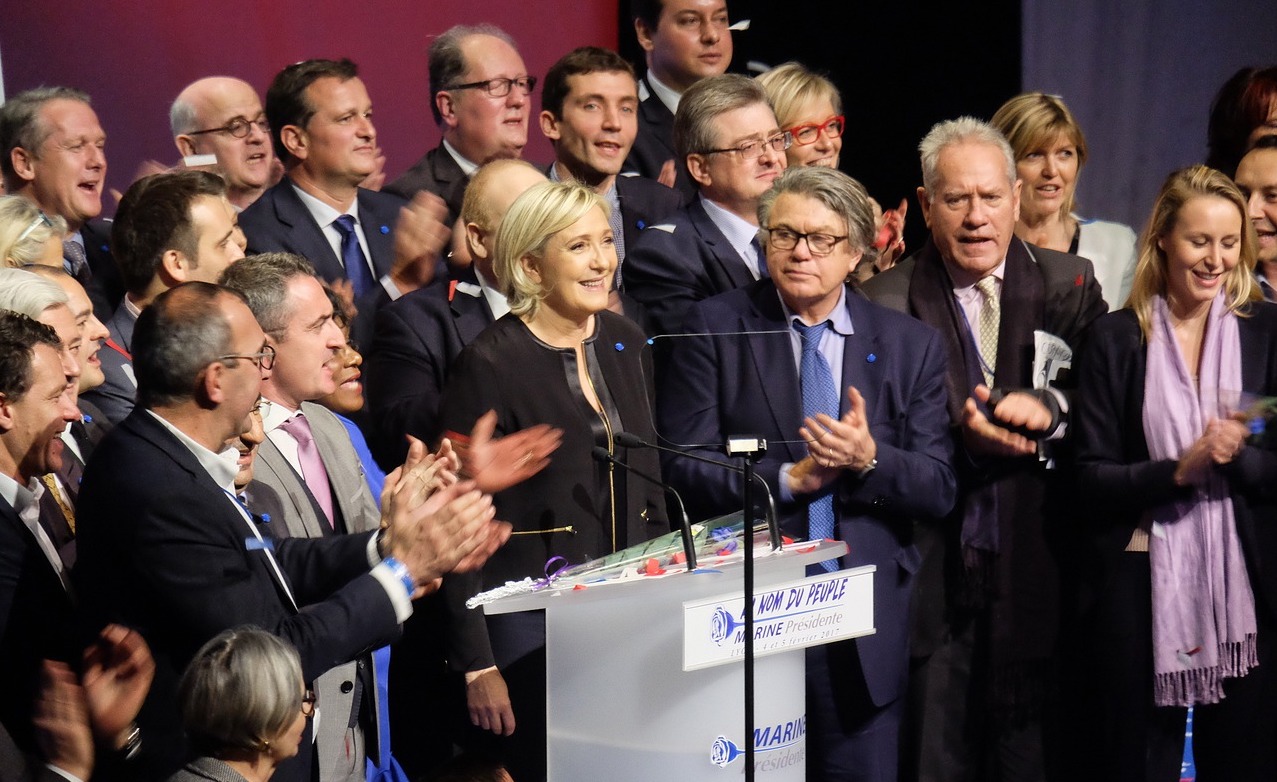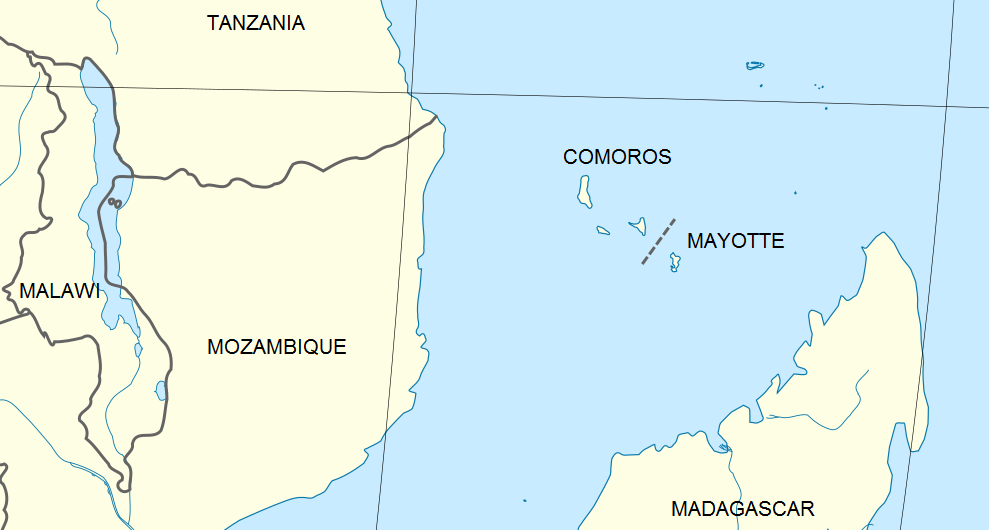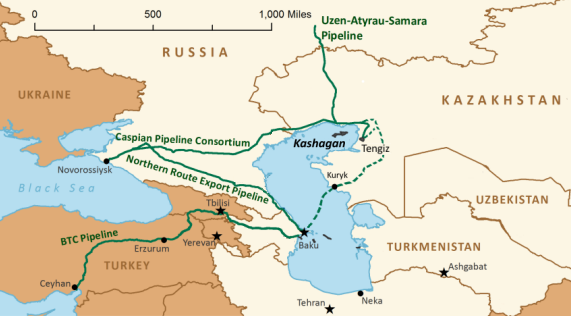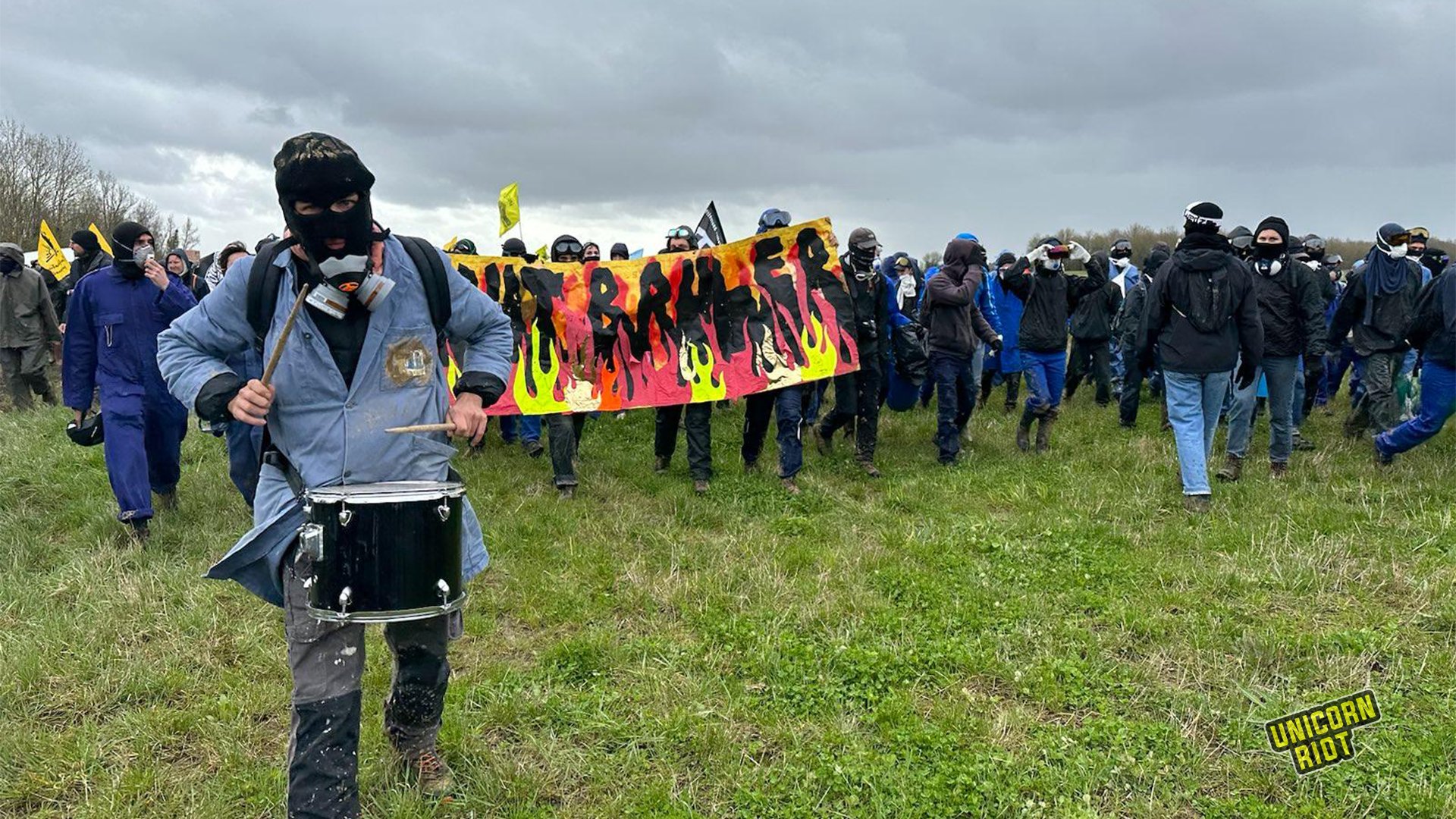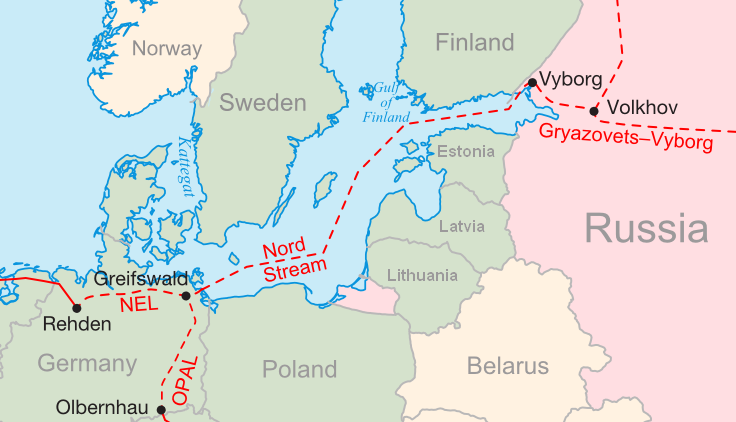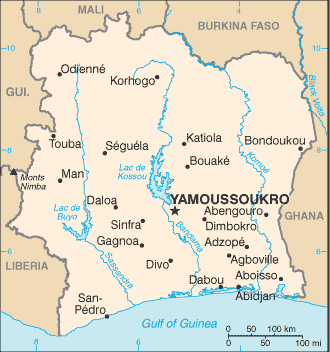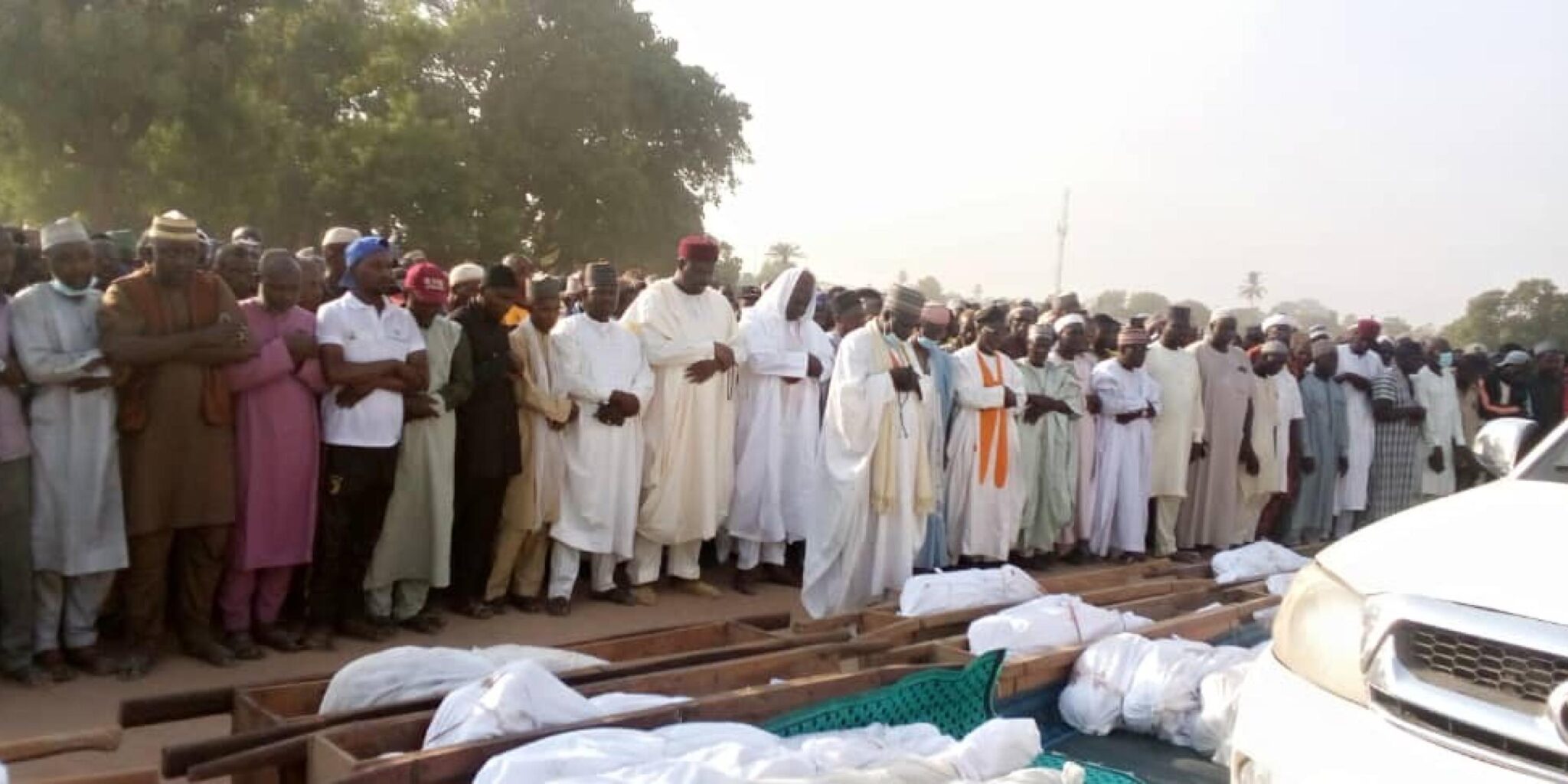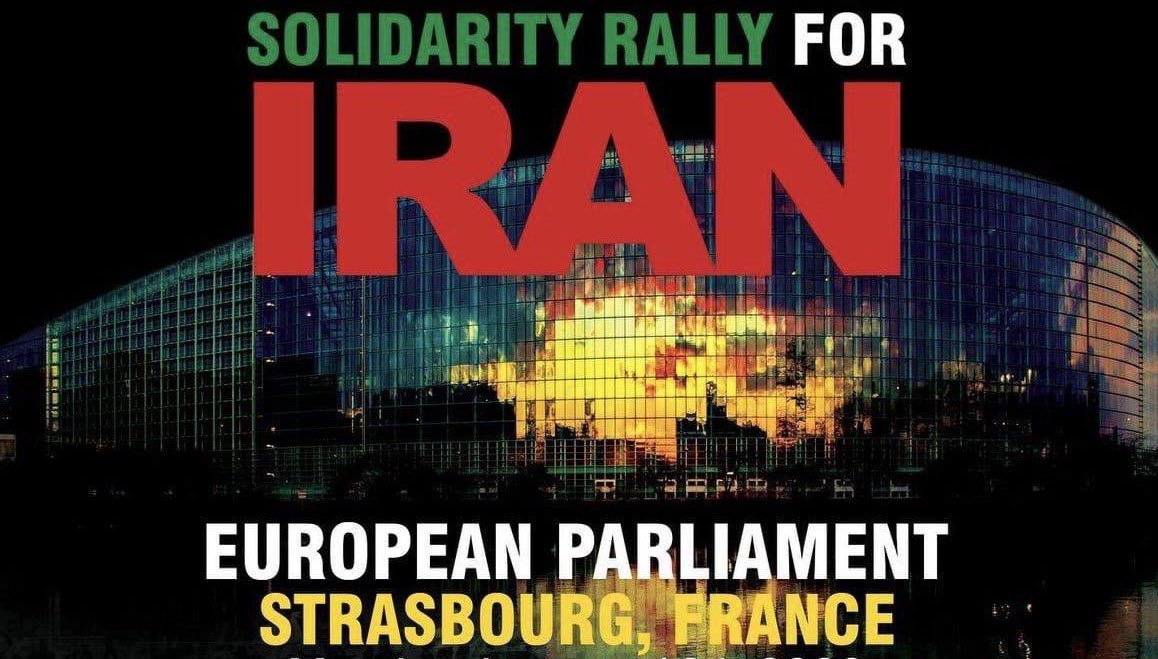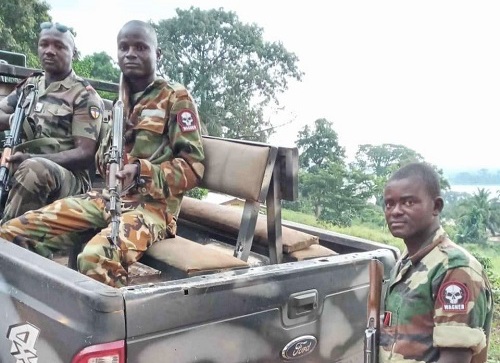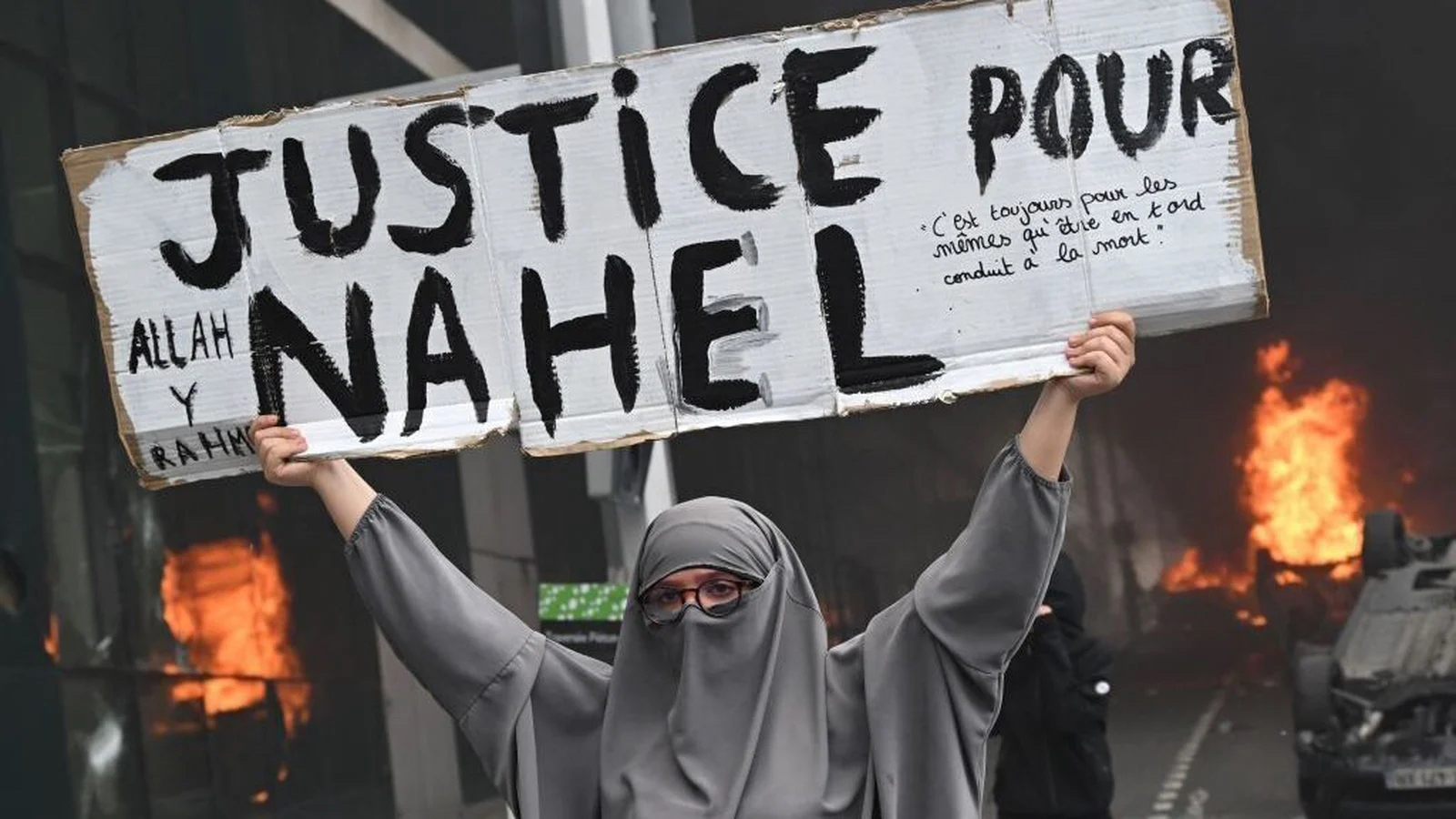
France: far-right parties invoke ‘civil war’
French police have arrested more than 3,000 protesters in unrest that has spread since the fatal police shooting of 17-year-old delivery worker Nahel Merzouk, the son of North African immigrants, during a traffic stop in the Paris suburb of Nanterre. The Ministry of the Interior has mobilized some 45,000 police troops and gendarmes, as fierce clashes with police have spread across the country. The French far right is meanwhile baiting President Emmanuel Macron for what they portray as a weak response to the uprising. Marine Le Pen issued an inflammatory video statement warning of “anarchy” and calling for a state of emergency to be declared. Marion Maréchal, Le Pen’s niece and a former National Front parliamentarian, has called for armed vigilantism and repeatedly invoked “civil war.” (Photo via Crimethinc)



